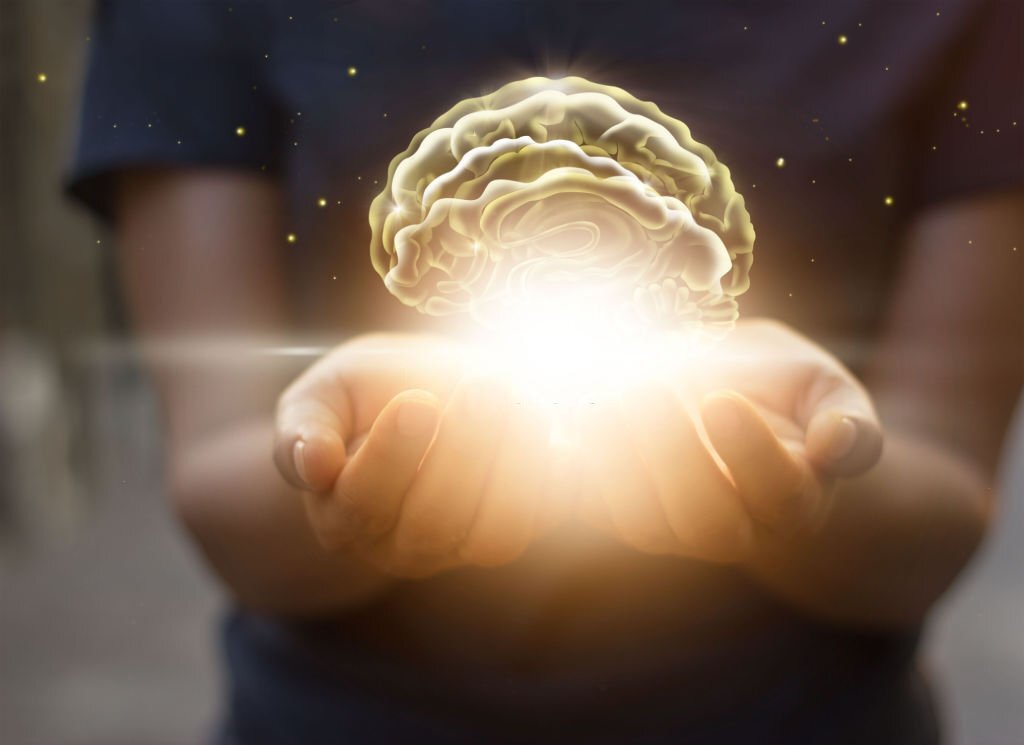Tips to take care of your brain

Tips to take care of your brain
Tips to take care of your brain
The key determinant of how long and how healthy our lives will be depends on how well our brains are functioning. Good brain care practices not only benefit your brain but also your life, well-being, and physical health, allowing you to get the most out of your brain as you age. Our lifestyles, family history, and chronic illnesses like diabetes and high blood pressure all have an impact on how well our brains work. All of these factors can affect the chance of developing diseases such as Alzheimer's and vascular dementia. We cannot change our genetic history, but we can make lifestyle choices that minimise the risk of acquiring dementia and moderate cognitive problems. Mental decline is one of the most frightening aspects of ageing, yet it is not unavoidable. By adopting brain care practices, you may maintain your memory, comprehension, communicative abilities, and quality of life.
The following are some effective and simple tips to take care of your brain:
1. Get adequate sleep:
Sleep is more important for our brains to function properly. Sleeping for at least 6–8 hours each night is one of the most essential aspects of maintaining physical and mental wellness. Various changes in brain wave activity occur during sleep, including breathing, regulating heart rate, and maintaining body temperature. You must consider the detrimental impact on your brain if you use your phone extensively right before bed and sleep less than you should. Many of us have felt the consequences of sleep deprivation, such as being weary and grumpy, or having difficulty concentrating. When the brain becomes overly exhausted due to insufficient sleep, the body's immune system gets affected, leaving the person vulnerable to getting a cold, flu, or other infectious diseases. A proper sleep schedule is required to keep problems at bay and maintain a healthy lifestyle.
2. Protect your head:
People who have suffered from brain trauma, particularly repeated concussions, are more likely to develop Alzheimer's disease. Although brain injuries are a threat to everyone, young people commonly encounter more head trauma than older adults. Wear an approved helmet while participating in sports such as skating, skiing, skateboarding, rollerblading, and cycling to avoid injuries. Drive carefully and always buckle up to reduce the chance of injury in accidents. Falls are a leading cause of brain injuries among the elderly, so make use of safety elements such as handrails to avoid them. Therefore, no matter your age, it is important to protect your head for long-term brain health.
3. Take care of your mental health:
It is important to maintain positive mental health and manage any mental health disorders in order to stabilise emotions, positive behaviours and thoughts. Focusing on mental health care can improve productivity, boost self-esteem, and build relationships. Some physical health conditions are closely related to mental health issues. Managing stress, for instance, may have a positive impact on heart disease because stress and heart disease are linked. Self-care, meditation, or talking with a therapist can help you avoid mental stress and prevent the development of serious psychological conditions.
4. Remain socially involved:
Social connection helps to prevent stress and anxiety, which can both lead to memory loss. Look for ways to connect with family members, neighbours, friends, and others, particularly if you live alone. Research has found a connection between solitary confinement and neurological dysfunction, thus maintaining a social life might have the opposite effect and improve your brain's health.
5. Try brain boosting exercises:
Physical activity is important for staying healthy, but exercising your brain is just as important for keeping your mind sharp and preventing memory loss. According to research, there are numerous strategies to improve your mental abilities and keep your brain healthy, regardless of your age. Certain brain exercises, like playing chess, puzzle solving, and learning new skills, can help you improve your memory, concentration, and focus, which can help you complete daily chores more quickly and easily and maintain your cognitive ability as you age.
Age-related changes in the brain, trauma, substance use disorders, strokes, traumatic brain injuries, mood disorders like depression, and Alzheimer's disease can all have an impact on brain health. Eating a healthy balanced diet, getting enough sleep, and engaging in physical activity can all assist in improving our brain health and possibly reduce the risk of various neurological problems, as well as help us lead better lives.